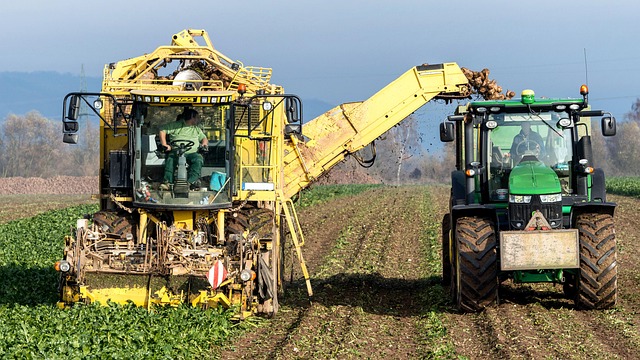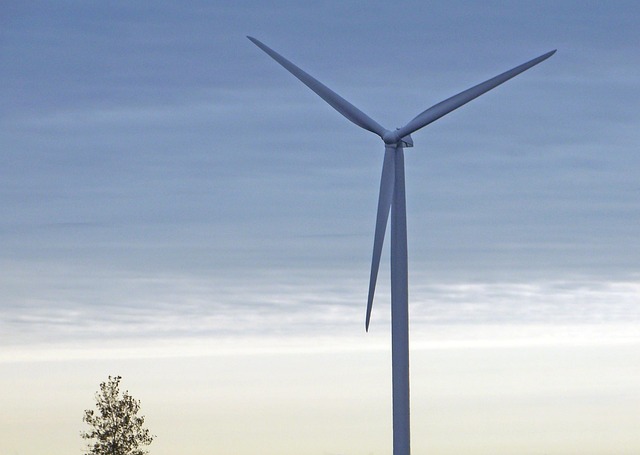In our fast-paced world, where convenience often trumps consideration, food waste reduction emerges as a crucial challenge that demands our attention. Every year, millions of tons of food end up in landfills, exacerbating climate change and environmental degradation. This rampant waste not only squanders our resources but also impacts the delicate balance of our ecosystem. By embracing green technologies, we can initiate a transformative journey towards sustainable development.
Sustainable development is the cornerstone of ensuring that future generations have access to the resources we often take for granted. To achieve this, we must reflect on our ecological footprint—the measure of our environmental impact. Every scrap of food that goes to waste contributes to greenhouse gas emissions, particularly methane, which is significantly more potent than carbon dioxide. Reducing food waste is not just an individual responsibility; it is a collective effort crucial for preserving our planet.
Green technologies play a vital role in this endeavor. Innovations such as anaerobic digesters, which convert organic waste into renewable energy, offer a promising solution for food waste reduction. By recovering valuable energy and nutrients from discarded food, these technologies help close the loop in our consumption cycle. Additionally, composting systems, enabled by modern techniques and materials, allow us to return nutrients to the soil, fostering healthier ecosystems.
Moreover, advancements in food preservation technologies—like modified atmosphere packaging and smart inventory systems—help extend the lifecycle of food products, minimizing the amount that ultimately gets wasted. Emphasizing local food production and supporting vertical farms also contributes significantly to our goal of food waste reduction. By sourcing food closer to home, we not only reduce transportation emissions but also foster a connection to the food we consume.
New applications of artificial intelligence are revolutionizing how we approach food distribution and inventory management, allowing retailers and consumers to optimize their purchases and reduce excess. These innovations can lead to a drastic decrease in food spoilage and waste at all stages of the supply chain, helping us pave a path toward a carbon-neutral future.
The journey towards sustainable development is a shared responsibility. By engaging in practices that prioritize food waste reduction, we can significantly diminish our ecological footprint while fostering a healthier planet for all living beings. Every small action counts, from composting at home to advocating for policies that promote green technologies in our communities. By working together, we can create a sustainable cycle of consumption and production that honors our resources and nurtures our environment.




